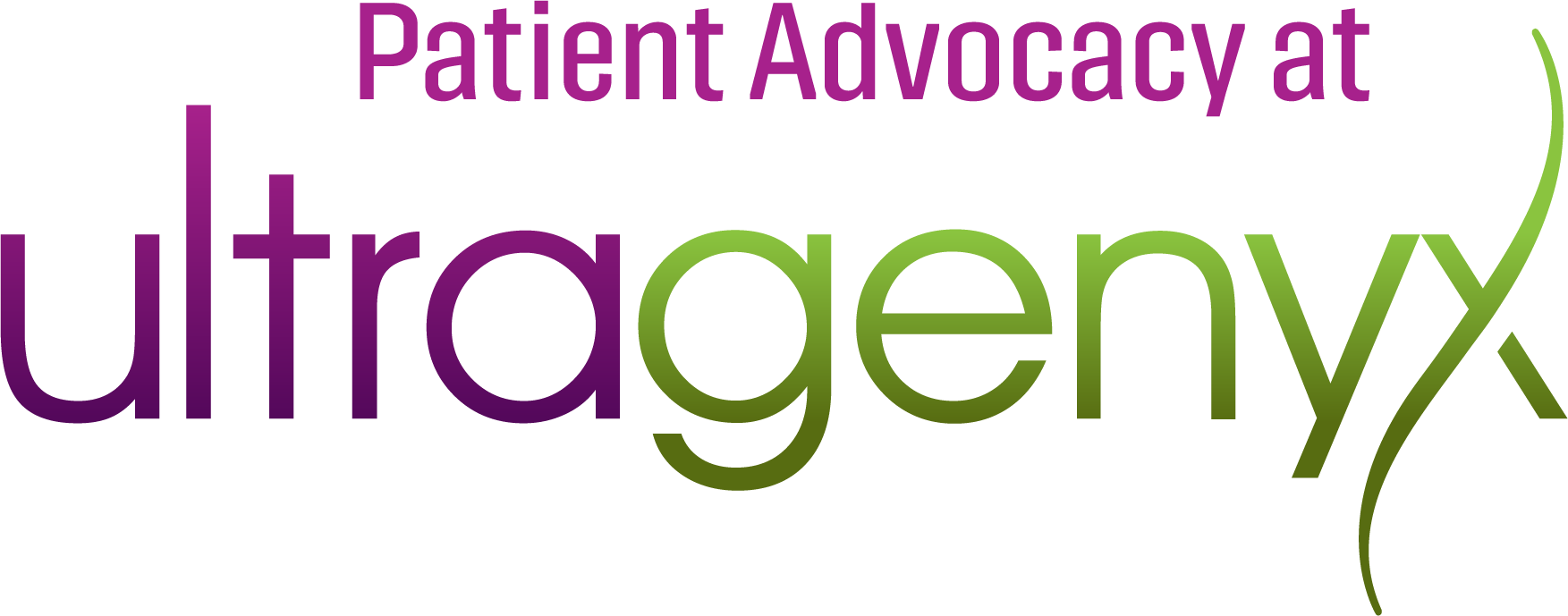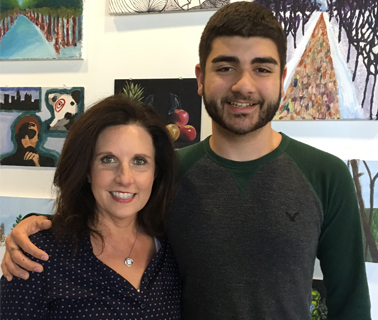Not Letting His Disease Define Him
“What few people appreciate, other than his closest friends, are the challenges he has overcome. He endured multiple hospitalizations for extreme and unexplained bouts of sickness, all while struggling to keep up with his friends.”
My son, John, is a remarkable young man. He gets straight As in school. He’s a National Merit Scholarship finalist and has elite college aspirations.
He’s quick to brush aside the fact that he has a fatty acid oxidation disorder. He doesn’t want special care or attention. John’s outlook has empowered me to enjoy him as my son, not a patient.
Many Steps Back
John was a healthy baby until a spell of what we thought was the flu before his third birthday. When he didn’t get better, doctors suspected rotavirus. Things quickly got worse, and we spent two days in the critical care unit at the hospital. I still cry when I recall helplessly watching him hooked up to wires on the hospital bed. Eventually, John did recover, but he was never the same after that.
Once back home, he was constantly tired and sleeping. When my 3-year-old son told me his leg felt “paralyzed,” I rushed him back to the hospital, where he was diagnosed with Guillain-Barre syndrome after an electromyography (EMG). He was sent back home with a walker and had to be potty trained all over again.
For the next few years, it felt like our lives were on play and repeat. John would fall sick with the same symptoms, recover, only to fall sick again. He often dragged one foot, walked on his toes and was hospitalized many times. Visits to the pediatrician, neurologist and podiatrist resulted in diagnoses of limb-girdle muscular dystrophy and once again, Guillain-Barre.
Many Steps Forward
During his teenage years, I watched as John had trouble maintaining his energy levels while riding bikes or playing soccer with his friends, but it wasn’t until a trip to Washington D.C. in the eighth grade that I realized something was off with his initial diagnoses. I got a call that he was very ill. After driving through the night from our home in Toledo, Ohio, I found him curled up in a fetal position, throwing up, extremely dehydrated and his urine the color of rust. I was terrified. We hydrated him as best we could, and I brought him home.
On the doctor’s recommendation, I took him to the University of Michigan, where the medical team wanted to do a muscle biopsy. An online search led me to a paper that described John’s symptoms precisely and noted that a muscle biopsy would not be an effective diagnostic tool. I contacted the author, a doctor in Cleveland. He recommended a genetic test, after which John was finally diagnosed with long-chain fatty acid oxidation disorder (LC-FAOD).
Bringing Others on the Journey
“There still are challenges. Following the trip to Washington D.C., a teacher told John that he couldn’t lead a class project because he ‘couldn’t even take care of himself.’ I never want him to hear that again.”
Today, John is focused on the present and determined not to let LC-FAOD get in the way of life.
I worked with the school to implement a plan that educates the staff on LC-FAOD, how it can affect John, and the importance of keeping him hydrated and fed; the nurse’s office keeps Gatorade, applesauce, and pudding available for him at all times.
Forging His Own Future
“My advice to other families impacted by rare disease is this: don’t panic and educate yourself so you can advocate for your family. Our path to diagnosis was hard, but we got there by asking questions and looking for information.”
When John was younger, my main concern was making sure he was well. I cleaned and sanitized constantly to keep him from falling sick. I quit my job to take care of him. I feel fortunate that we got a diagnosis, and we now know how to manage his condition. Today, my biggest challenge is slowly, but surely, letting my teenager take over his own care. I don’t know what the future will bring, but it is my duty to help him be independent.
I hope that John gets accepted to a competitive college of his choice, that he has a family, that he fulfills his dreams of traveling, but not venture too far!
Written and submitted by Eileen, John’s mom
Long-chain Fatty Acid Oxidation Disorders (LC-FAOD)
Learn more about long-chain fatty acid oxidation disorders, accessing related resources, and finding opportunities to participate in research for LC-FAOD.
Learn More about LC-FAODFAODinFocus
Your comprehensive resource for information about LC-FAOD.
Learn More about LC-FAOD on FAODinFocus
